Prostate cancer harboring BRCA1/2 mutations are often exceptionally sensitive to PARP inhibitors. However, genomic alterations in other DNA damage response genes have not been consistently predictive of clinical response to PARP inhibition. Here, we perform genome-wide CRISPR-Cas9 knockout screens in BRCA1/2-proficient prostate cancer cells and identify previously unknown genes whose loss has a profound impact on PARP inhibitor response. Specifically, MMS22L deletion, frequently observed (up to 14%) in prostate cancer, renders cells hypersensitive to PARP inhibitors by disrupting RAD51 loading required for homologous recombination repair, although this response is TP53-dependent. Unexpectedly, loss of CHEK2 confers resistance rather than sensitivity to PARP inhibition through increased expression of BRCA2, a target of CHEK2-TP53-E2F7-mediated transcriptional repression. Combined PARP and ATR inhibition overcomes PARP inhibitor resistance caused by CHEK2 loss. Our findings may inform the use of PARP inhibitors beyond BRCA1/2-deficient tumors and support reevaluation of current biomarkers for PARP inhibition in prostate cancer. Identifying prostate cancer patients who may respond well to PARP inhibitors is important for their success in the clinic. Here, using a genome-wide CRISPR-Cas9 knockout screen, the authors identify MMS22L as a biomarker for sensitivity to PARP inhibition in BRCA1/2-proficient prostate cancer.

|
Scooped by
BigField GEG Tech
onto Genetics - GEG Tech top picks April 26, 2023 9:06 AM
|


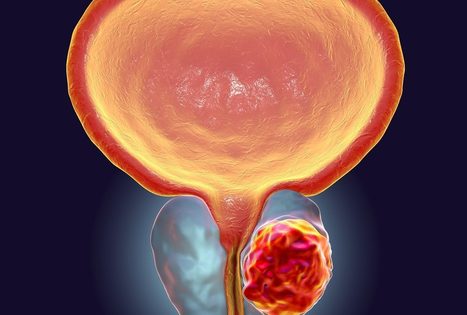


 Your new post is loading...
Your new post is loading...



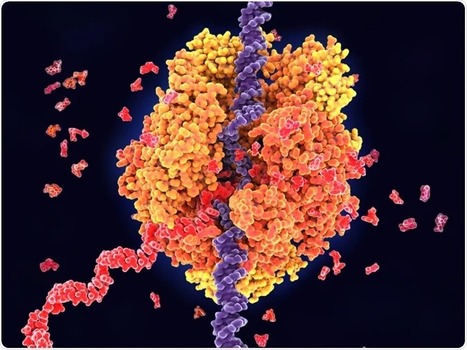
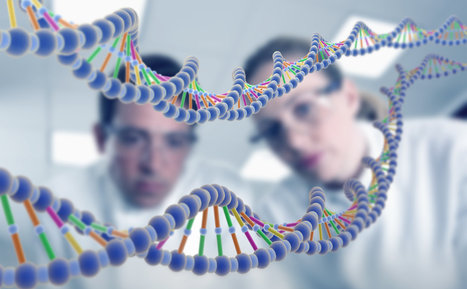
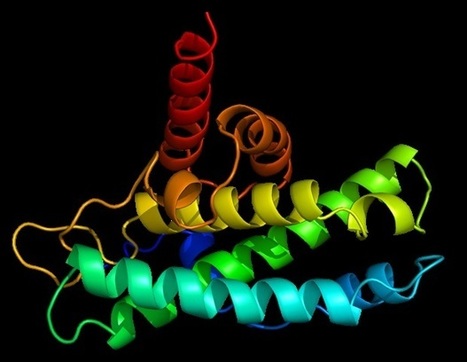








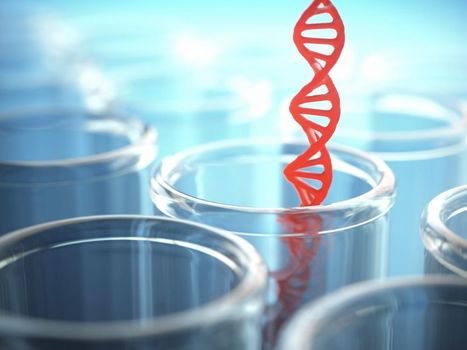
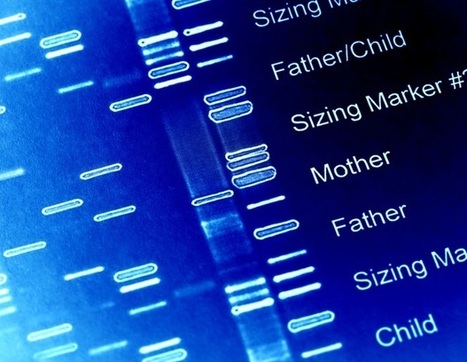
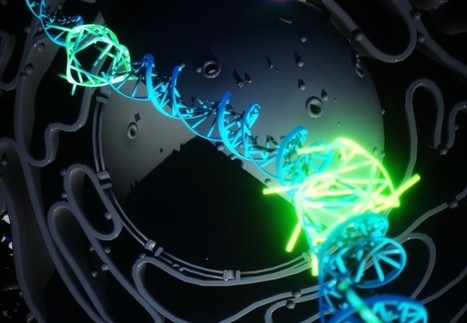
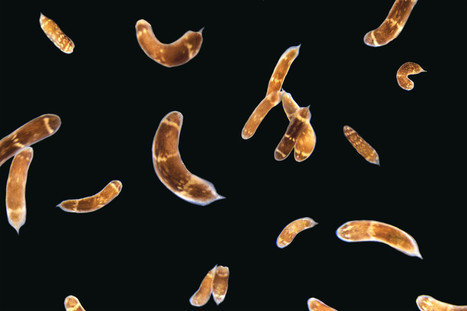
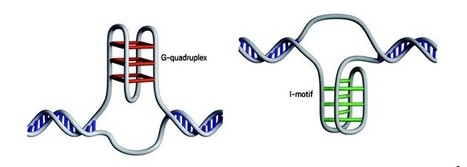

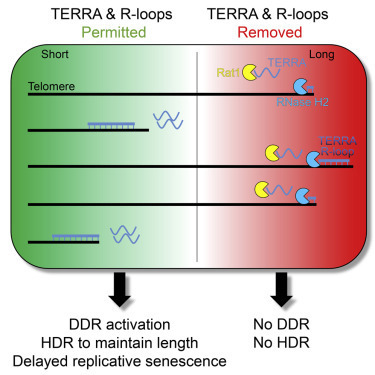





Prostate cancer tumors harboring BRCA1/2 mutations are exceptionally sensitive to PARP inhibitors, while genomic alterations in other DNA damage response (DDR) genes are less sensitive. To identify previously unknown genes whose loss has a profound impact on PARP inhibitor response, researchers led a multinational effort to perform genome-wide CRISPR-Cas9 knockout screens. The goal of the study was to inform the use of PARP inhibitors beyond BRCA1/2-deficient tumors and to support the re-evaluation of current biomarkers for PARP inhibition in prostate cancer. The study identified several novel genes, for example, MMS22L and RNASEH2B, that are frequently deleted in prostate cancer. These genes could serve as predictive biomarkers for PARP inhibitor response in prostate cancer, the study found. The research team also found that loss of CHEK2 confers resistance, rather than sensitivity, to PARP inhibition.